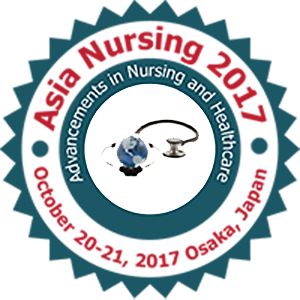
Sawsan Hammad Abuhammad
Jordan University of Science and Technology, Jordan
Title: Nursing students’ knowledge, attitudes and stigmatizing behaviors towards people with mental illness in Jordan
Biography
Biography: Sawsan Hammad Abuhammad
Abstract
According to the National Centre for Mental Health (NCMH), more than 20 percent of Jordanians are purported to suffer from some kind of mental health disorder; however, many do not receive appropriate treatment. The public’s perceptions of mental illness, knowledge of mental illness and negative attitudes held by healthcare professionals are critical factors to understand in developing and implementing culturally appropriate mental healthcare in Jordan. To this end, undergraduate nursing students are an important population to study and train on how best to provide essential healthcare to their patients. The purposes were to: (a) explore the knowledge, attitudes, and stigma of undergraduate nursing students regarding mental illness, and (b) examine relationships between knowledge and attitudes of the students relative to stigma. Cross-sectional survey descriptive design was employed. Participants included undergraduate nursing students at University of Science And Technology in Jordan. The survey questionnaire was distributed and self-administered to students at various times in a class room. The following findings are summarized from the study. (a) Less than half identified Depression, Schizophrenia and Bipolar conditions as mental illnesses; their knowledge level of mental illness was at its highest level in their second year of college. The total knowledge score for the scale used in this study was 35.74 (SD =10.72) resulting from an average score less than agreement (2.52 to 2.9 for items on the scale). (b) Most students in the study expressed positive attitudes toward people with mental illness. These stigmatizing attitudes toward the mentally ill, they indicated that people with mental should be given and receive appropriate treatment regardless of their behavior. Identifying nursing students’ attitudes and biases towards individuals with mental illness is an appropriate initial first step to developing appropriate educational programs to help train future nurses in working with sensitively with their patients.

